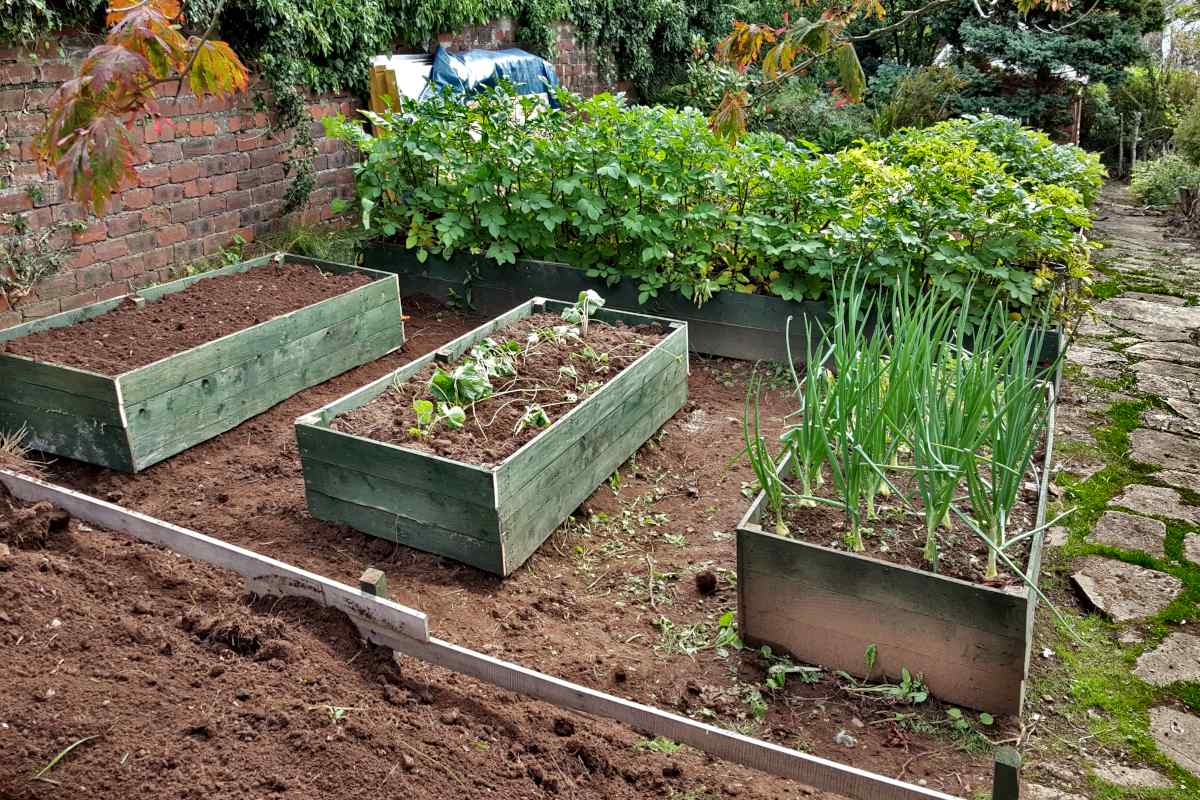
Mulch enhances soil fertility and reduces watering. Mulch helps to retain moisture and prevents rainwater runoff. It also gives your garden a uniform look and provides a rhythm to your garden design. It is vital to be familiar with the differences in mulch types. These mulches offer many benefits for gardeners. For your home garden, mulch is vital for keeping your plants healthy. Continue reading to learn more.
Mulch protects your plants against weeds. Mulch helps retain moisture, and also adds organic matter. When planting trees, you should leave at most 2 inches between the trunk and root flare. You should leave a small, un-mowed area for young trees. This will attract slugs and make your plants' stems rot.

Shredded leaves are an option if you live near a water source. Salt hay is a better alternative to wood chips for summer. These materials will decompose slowly and repel water. These materials will also help to prevent weeds from growing and prevent rot at the base. Another great option for mulch is to use unshredded leaves. The mulch can help you prevent weeds from growing by holding on to water when you plant new crops.
A good mulch will not just improve soil quality but also enhance your garden's beauty. The best mulches are made from organic materials, which will enrich your soil as they decompose. Mulch should only be used in gardens that are able to thrive in this kind of soil. Choosing plants over mulch is essential for a healthy soil. To plant composted materials in your garden you will also require a good cultivator.
Hardwood bark mulch can help reduce wood waste in your backyard. Hardwood bark mulch is less expensive than wood mulch and doesn't require as much care. It won't cause any harm and will slowly break down. It will protect your plants and prevent erosion. It will slowly decompose and is therefore an excellent mulch choice for gardening. A good mulch will protect your garden and give it a great look.

It is important to avoid mulch from other plants and woody branches. Mulch in a thick layer will attract pests and promote rot. It will stop weeds from growing, and it will suppress their growth. The mulch's moisture will stop weeds reaching the soil. It will also protect your plants against insects that are attracted by moisture and organic material.
FAQ
Can I grow fruit tree in a pot?
Yes! Yes! You should make sure that your pot has drainage holes to keep excess moisture from rotting the tree. The pot should be deep enough to hold the rootball. This will stop the tree becoming stressed.
Which layout is best for vegetable gardens?
It all depends on where you live. If you live in the city, you should plant vegetables together for easy harvesting. However, if you live in a rural area, you should space out your plants for maximum yield.
What's the difference?
Hydroponic gardening makes use of nutrient-rich water rather than soil to grow plants. Aquaponics involves the use of fish tanks in combination with plants to create an eco-system that can self-sufficient. It's like having a farm right in your backyard.
Statistics
- According to the National Gardening Association, the average family with a garden spends $70 on their crops—but they grow an estimated $600 worth of veggies! - blog.nationwide.com
- According to a survey from the National Gardening Association, upward of 18 million novice gardeners have picked up a shovel since 2020. (wsj.com)
- As the price of fruit and vegetables is expected to rise by 8% after Brexit, the idea of growing your own is now better than ever. (countryliving.com)
- 80% of residents spent a lifetime as large-scale farmers (or working on farms) using many chemicals believed to be cancerous today. (acountrygirlslife.com)
External Links
How To
How to Grow Tomatoes
Tomatoes have become a very popular vegetable. They are simple to grow and offer many health benefits.
To tomatoes, full sun is required and soil should be rich and fertile.
Tomato plants like temperatures over 60 degrees F.
Tomatoes enjoy lots of air circulation. To increase airflow, use trellises or cages.
Tomatoes need regular irrigation. If possible, you should use drip irrigation.
Tomatoes are not fond of hot weather. Keep the soil at 80°F.
The nitrogen-rich fertilizer helps tomato plants thrive. Apply 10 pounds of 15-15-10 fertilizer every two weeks.
Tomatoes need approximately 1 inch water per week. You can either apply directly to the leaf or use a drip irrigation system.
Tomatoes can be affected by diseases like blossom end rot or bacterial wilt. Prevent these problems by keeping the soil properly drained and applying fungicides.
Aphids, whiteflies, and other pests can attack tomatoes. Spray insecticidal soap onto the leaves' undersides.
Tomatoes are versatile and delicious. You can make tomato sauce, salsa and ketchup as well as relish, pickles and pickles.
Overall, it's a great experience to grow your own tomatoes.